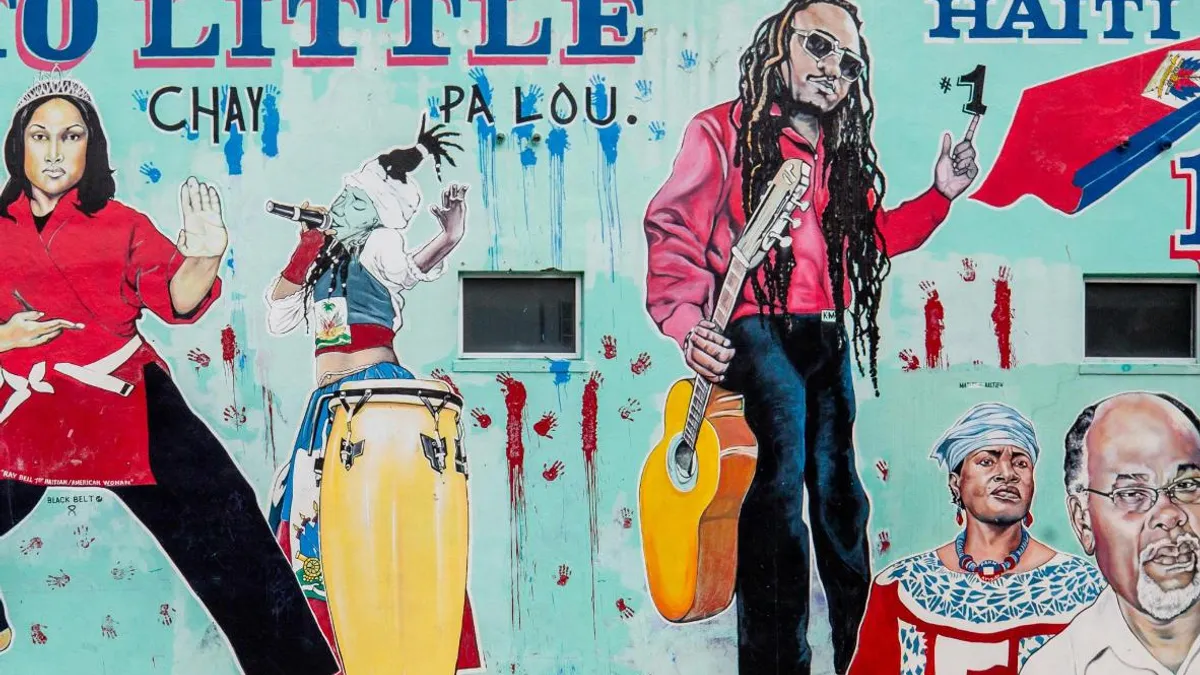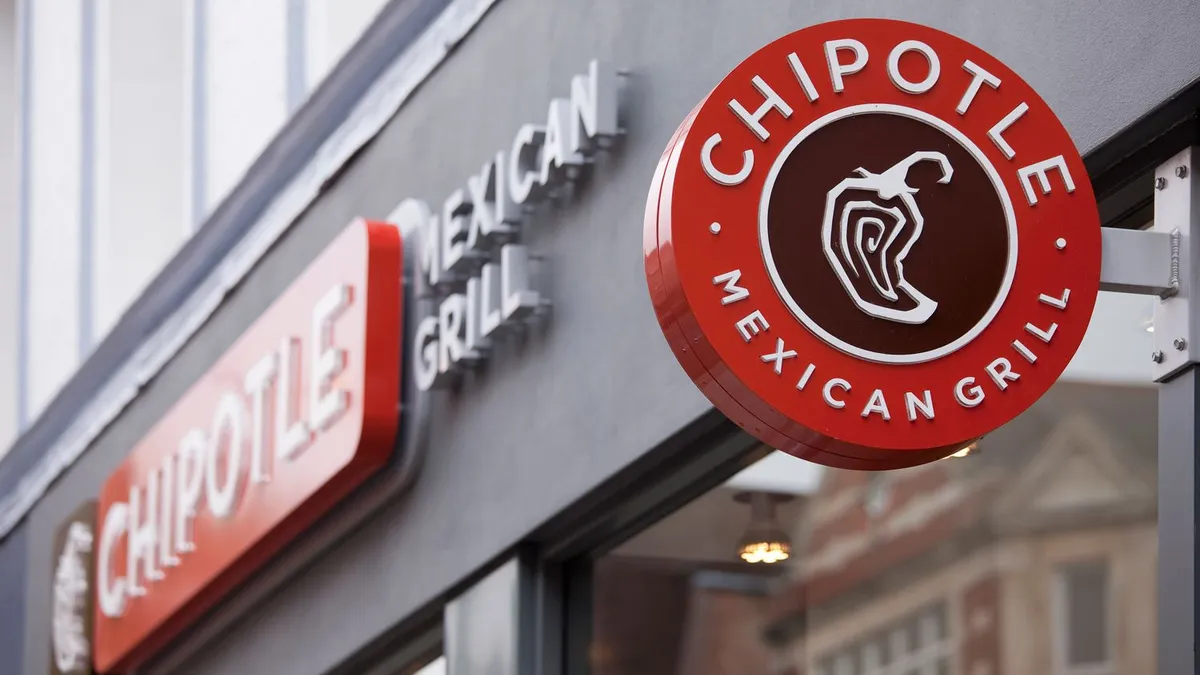While international travel currently isn't an option for most Americans due to pandemic-related restrictions, Booking.com's latest marketing campaign keeps things local by spotlighting 10 communities and cultures that have shaped the U.S. Kicking off this week with a full-page ad in The New York Times, "America is for Everyone" touts travel's power to spur positive impact in people's lives and bridge divides, especially during a tough year marked by a global health crisis and growing political rifts, according to an announcement.
Each of the featured communities — from Germantown in Frankenmuth, Michigan, to Miami's Little Haiti — offer eclectic accommodations designed to immerse guests in diverse traditions while they stay closer to home.
Timed against what will likely be a controversial election, Booking.com's campaign touches on political and societal division, making it atypical territory for the travel company. However, that approach aims to communicate that what unites people is stronger than what divides them, according to CMO Arjan Dijk.
"Election or not, we feel strongly about the message that 'America is for Everyone' hopefully conveys to the country — that travel, even if only local, and the opportunity to experience different cultures within the nation, can help build bridges and bring the country together," he said via email.
Scratching the travel itch
Along with print ads in The New York Times on Oct. 26, Oct. 29 and Nov. 1, the campaign totaling more than $1 million in ad buys includes travel influencer activations and a 24-hour Promoted Trend on Twitter heading into election week, per details the brand shared with Marketing Dive.
Properties showcased in the campaign range from a traditional Danish inn to modern hotels, cottages, converted lofts and Bavarian lodges decorated with native art and furnishings. The experiences will come with custom itineraries to guide guests toward authentic meals and historical tours. People can book the spaces for $50 a night — representing America's 50 states — starting Nov. 16 at noon ET, for a two-night stay the following weekend.
Booking.com opted for smaller towns that embody its campaign's focus on bringing global cultures closer to home for American consumers. Selecting Danish village Solvang, California, Little Ethiopia in Silver Spring, Maryland, and the other unexpected locales adds elements of surprise and intrigue to the campaign, which may compel more travelers to explore the international-themed effort and Booking.com's other offerings.
"Many Americans know they can explore amazing Chinatown in New York and San Francisco or Little Italy in Boston and Chicago," Dijk said. "We are trying to highlight lesser known destinations across the U.S. or perhaps cities that Americans might not know have a strong international influence."
Rewarding the dreamers
Seven months into the pandemic, consumers are reporting a desire to get back on the road for domestic travel, according to a September survey of 2,000 Americans by Hilton. A recent uptick in travel-related bookings suggest Booking.com's latest campaign may be well-timed for people looking to embark on road trips around the country or check out nearby communities that quench their desire to explore abroad.
Just as consumer interest in returning to travel shows a potential rebound, companies like Booking.com are ramping back up their efforts around encouraging trips. Before this week's "America Is For Everyone" kicked off, Booking.com's marketing had been understandably quiet since the pandemic's onset. Back in June, the company rewarded people with 5% cash back for creating wish lists on its mobile app. The promotion was designed to get prospective travelers to search and brainstorm dream excursions. Those wish lists gave the company fresh data to guide its marketing strategy, as more than half of guests' destinations were within the U.S.
Now, Booking.com is building on that consumer desire for domestic travel with its "America is for Everyone" initiative to position travel as a uniting force at the end of a challenging year.
"We are a brand for everyone working to make it easier for everyone to experience the world, no matter your budget or where you come from," Dijk said. "Diversity has been a pillar of Booking.com's culture from the day our company was founded. This multicultural ethos not only makes businesses strong, but makes society stronger."






















